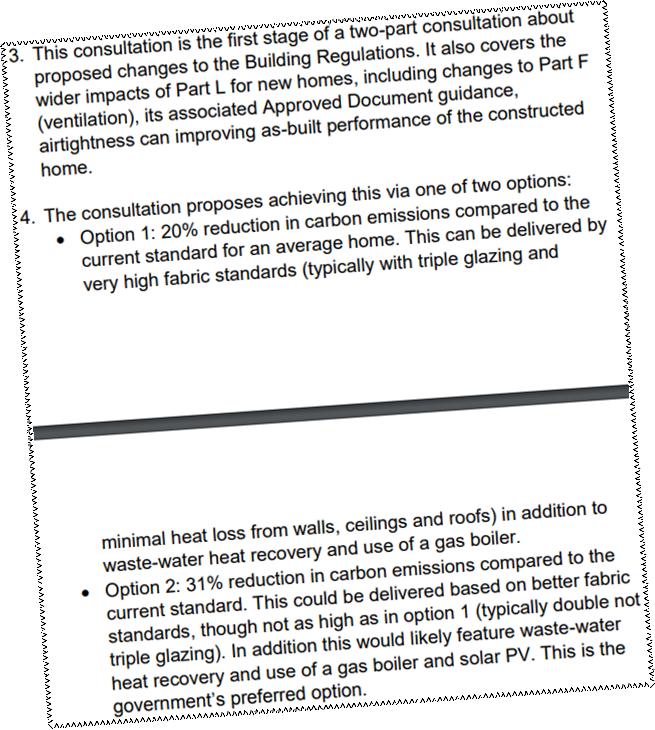Children from York have left a lasting mark on an innovative new building.

The Centre for Excellence will provide disabled children, young people and their families with community and overnight short breaks along with support from a wide range of professionals including clinical psychologists.
Children from the adjacent Hob Moor Primary Academy and Hob Moor Oaks school were asked to help with the construction by laying the first bricks and signing their names on the steel which forms the structure of the building.
The scheme – one of the first of its kind in the country – is a partnership between City of York Council and NHS England. It will enable many children and young people with complex needs to access the help and support they and their families need in York.
The brick laying and steel-signing marks a key stage of the project, which should be completed by summer 2020.
The project is being delivered by Sewell Construction.
Philippa Hughes, Housing Lead for the NHS Learning Disability and Autism Programme in Yorkshire and Humber, said: “The NHS is delighted to support this much needed development in the city of York. It’s heartening to see so many school children contributing to a build which will allow so many of their peers to live full and meaningful lives in their communities.”
Martin Standley, Sewell Construction Project Manager, said: “We feel it’s really important for the children to have as much insight as possible into what’s happening close to their school. This helps feed their curiosity but also helps them understand why it’s so important to stay safe near a building site.
“Building the Centre of Excellence and redeveloping Lincoln Court is a real honour for Sewell Construction so we knew that the children would be just as proud to get involved and make their mark on the site.”
Richard Ludlow, chief executive of Ebor Academy Trust, which operates the Hob Moor academies, said: “We are fully supportive of City of York Council’s forward thinking plans for this Centre of Excellence and I’m pleased they have allowed our children to be a part of it. True partnership working is always at the heart of successful collaborative ventures.”
Councillor Ian Cuthbertson, City of York Council’s Executive Member for Children, Young People and Education, said: “The Centre of Excellence is a landmark building for York, providing a base where children and young people with complex needs and disabilities can receive help and support from a wide range of professionals within the city.
“I’m delighted that local school children have had the chance to put their mark on the building and to be involved at this point in the construction.”


